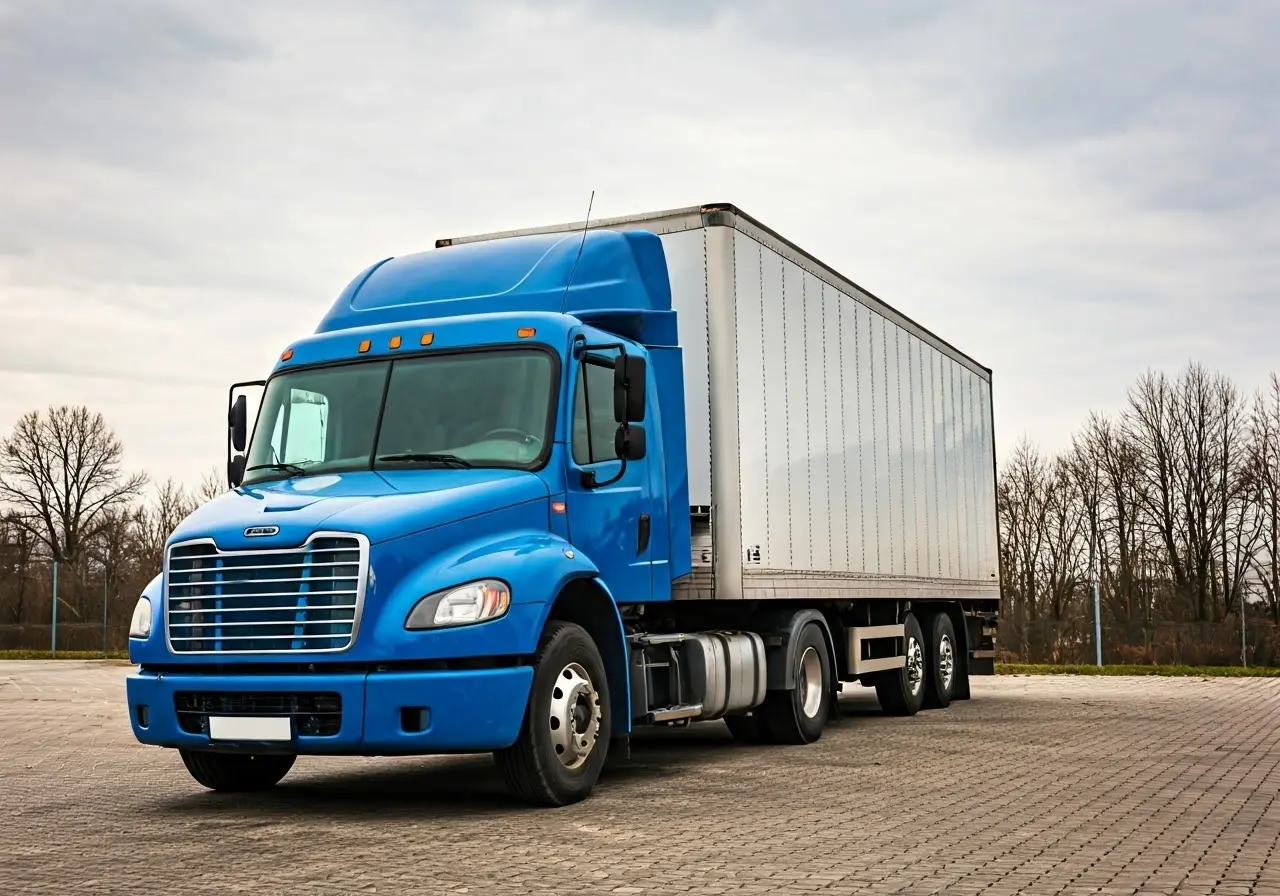Commercial Truck Leasing can be a smart economic choice for many businesses. However, you may have noticed that short-term leases tend to come with a heftier price tag compared to long-term contracts. In this FAQ, we will explore the factors that contribute to the higher costs associated with short-term commercial truck leasing.
Understanding Depreciation and Its Impact
One of the main reasons short-term commercial truck leasing is more expensive is due to vehicle depreciation. Trucks can lose a significant portion of their value within the first few years of service. In a short-term lease, lessors aim to recover this depreciation over a limited period, which results in higher monthly lease payments for the lessee.
Depreciation isn’t just about the vehicle aging; it’s also tied to market demand and technological advancements. Each new model with enhanced features can diminish the perceived value of older trucks even faster. For businesses considering utility trucks like dump trucks, bucket trucks, or lift trucks, understanding this context is crucial to making wise financial decisions.
The Risk Factor in Short-Term Leases
Short-term leases inherently carry more risk for leasing companies. The limited time frame means lessors have only a brief period to recover the investment made in acquiring the vehicle. This financial pressure often translates into higher leasing rates. Moreover, high turnover can lead to more wear and tear, further increasing the underlying risks associated with leasing vehicles like excavators or cranes on a short-term basis.
Flexibility Comes at a Premium
Flexibility is one of the desirable aspects of short-term commercial truck leases. Businesses can easily adapt to seasonal demands or project-specific needs without being tied to long-term commitments. However, this very flexibility comes with a premium cost. Lessors recognize the value of offering adaptable leasing options and thus charge more to accommodate this flexibility.
For example, firms that need specialized equipment, like a dozer for a particular project, might opt for a short-term lease to avoid permanently owning equipment they won’t regularly use. In such cases, while offering vital operational convenience, the short-term lease pricing inevitably includes this practicality’s cost.
Higher Maintenance Costs
Maintenance can be another hidden cost of short-term leases. Vehicles like box trucks or heavy machinery often require regular upkeep to ensure they remain in peak condition for various jobs. The costs associated with this periodic maintenance are often factored into short-term lease agreements, making the overall lease more expensive. It’s essential for businesses to evaluate these costs against their operational requirements closely.
Moreover, short-term leases may not incentivize lessees to treat the vehicles as carefully as they would under a long-term contract, potentially leading to higher maintenance and repair costs. For those interested in mitigating these expenses while enjoying low monthly payments, considering a lease-to-own model with Liberty Capital Group might be a viable alternative.
Summing Up: Costs of Short-Term Truck Leasing
In conclusion, the higher costs of short-term commercial truck leasing are primarily due to the increased risk, additional flexibility, and the quick depreciation of vehicles. Understanding these factors can help businesses weigh their options and make informed decisions based on their specific needs and circumstances. For more tailored options and to explore our comprehensive leasing solutions, visit Liberty Capital Group.

